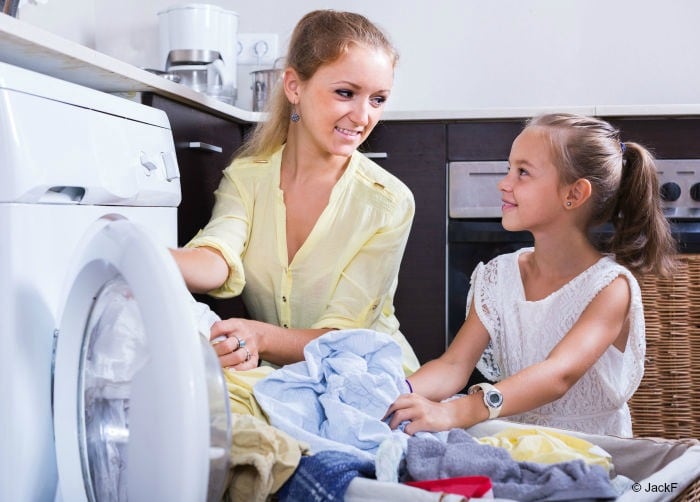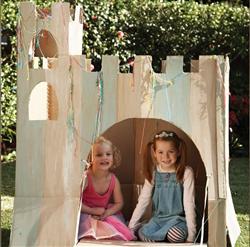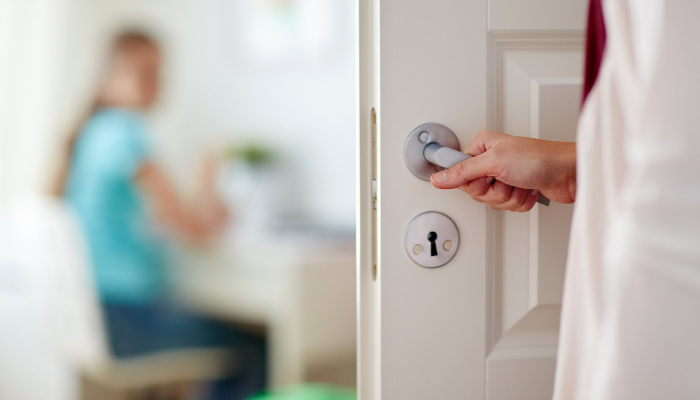Fostering Independence
By Guest Blogger Laura Simon
I spent the better part of my fourteen years in the classroom teaching eighth and ninth grade English. This particular age group has always been a favorite of mine, which I realize probably means I’m certifiably insane. My job also gave me a front row seat at the circus that is parenting an adolescent, and now that I have kids of my own, I’m grateful for my time in the cheap seats.
A lot of parents treated the early teen years as a trial run for independence, which is totally commendable. Kids need to learn responsibility before they get to college, skip twenty classes in a row, discover that professors mean it when they set a due date, and fail out to the tune of $14,000. (Ask your friends who work in higher education. This happens all the time.)
However, most of these trial runs meant that parents stepped away from EVERYTHING they had been doing for fourteen years: they quit having hard conversations about homework and assignments, they quit checking grades online, and they quit monitoring cell phone use during homework times. These parents weren’t trying to shrug off their responsibilities; this was a well-intentioned – and abrupt – experiment with independence. And it was almost always a disaster.
What usually happened was exactly what you’d expect: like normal human beings, the kids realized no one was watching, and they slacked off, fell behind, didn’t know how to get caught up, put off asking for help, and eventually mom and dad got a terrible surprise on the first quarter report card, a surprise that would stay on that high school transcript forever. As a teacher, I’d like to implore you not to go this route. It is awful for everyone.
Instead, I’d like to propose that fostering independence in our children begins by requiring some level of responsibility when they are young – maybe as early as preschool – and that the opportunity for responsibility must be paired with a willingness to allow kids to experience natural consequences if they fail. I will also admit that, while I’ve learned this from years of observation, it is not easy to implement with my own kids. It probably doesn’t come easily to anyone.
No, preschoolers can’t be responsible for their own homework, but they can be responsible for age-appropriate chores. I was way too late on this one, and I’ve dealt with a lot of weeping and gnashing of teeth as a result. Fostering responsibility comes at considerable sacrifice to us as adults, because everything we ask kids to do themselves takes fourteen times as long and usually doesn’t meet the standards we have for the appearances of our home or children. Still, a dirty-ish house and a child who looks like an extra from Les Miserables in the little years is decidedly better than an irresponsible teen down the road, so I’m resigned to my fate, even though that fate seems to include two little boys nearly flooding the bathroom they are trying to clean. Every. Single. Time.
If you are so inclined, you can find all sorts of lists on the internet about what chores are age-appropriate. I was nowhere near that scientific; I chose to focus the things my kids mess up the most, like toilets, beds, and laundry. I don’t think the “what” matters as much as letting them be responsible for something – anything – and then letting them experience the natural consequences if they aren’t.
Consequences stink. As adults, we’ve learned this from experience. Kids do not instinctively expect consequences, and they won’t until we let them have first-hand experience. Consequences are often just as awful for us as parents as they are for the kids; we are hard-wired to hate seeing our kids unhappy, and does anyone like hearing a child whine and cry? But a child who never faces consequences quickly becomes a teenager who believes he or she is invincible, and that’s a terrifying thing.
I try to make sure that the consequences my kids face are directly related to the responsibility I expect. For my first grader and kindergartner, that means that if they forget to pack their snack for our homeschool co-op group, they get to be hungry for an extra hour in the morning. Given their general feelings about food, it isn’t likely to happen twice.
Of course, they are only 4 and 6 years old, so it is up to me to teach them how to plan ahead. At no point can we totally step back from the parenting process and hope that kids will figure things out on their own – whether that is using a planner or balancing a budget. Right now, that means I set aside a time the night before where we pack our snacks and put them in backpacks; while we work, I talk about how planning ahead helps us avoid making mistakes on busy mornings. Down the road, that might mean letting a preteen choose whether homework time happens in the afternoon or evening…and checking grades online to determine whether he or she is using that responsibility well. If grades drop, the natural consequence is that mom and dad get involved with homework for a few more months.
I’d also argue there’s a place for grace in this teaching process. I had the privilege of teaching a whole family of responsible, well-adjusted kids, and their mom had a one-strike rule. Because accidents happen, she’d drive one forgotten assignment/lunch/gym outfit up to school each year; after that, the child had to deal with the fallout of being unprepared. This mom did not mess around; she kept track, and she openly asked the teachers not to give her kids a free pass. And here’s the thing: not only were her kids independent, they also shared a very close and loving relationship with her. She had found that balance between grace and truth that I absolutely aspire to.
This parenting gig? It is hard, and I cannot pretend to be an expert. I do know, however, that doing hard things now can prevent even harder things down the road, so I’m doing my best. What about you? Please comment and share how you foster responsibility and independence in your kids.








So so true. We don’t always need to feel like we need to save our kids from hurt or failure. Teach them independence and ways to learn from their mistakes!
Such an important topic. Thanks for your words of wisdom. I completely agree!